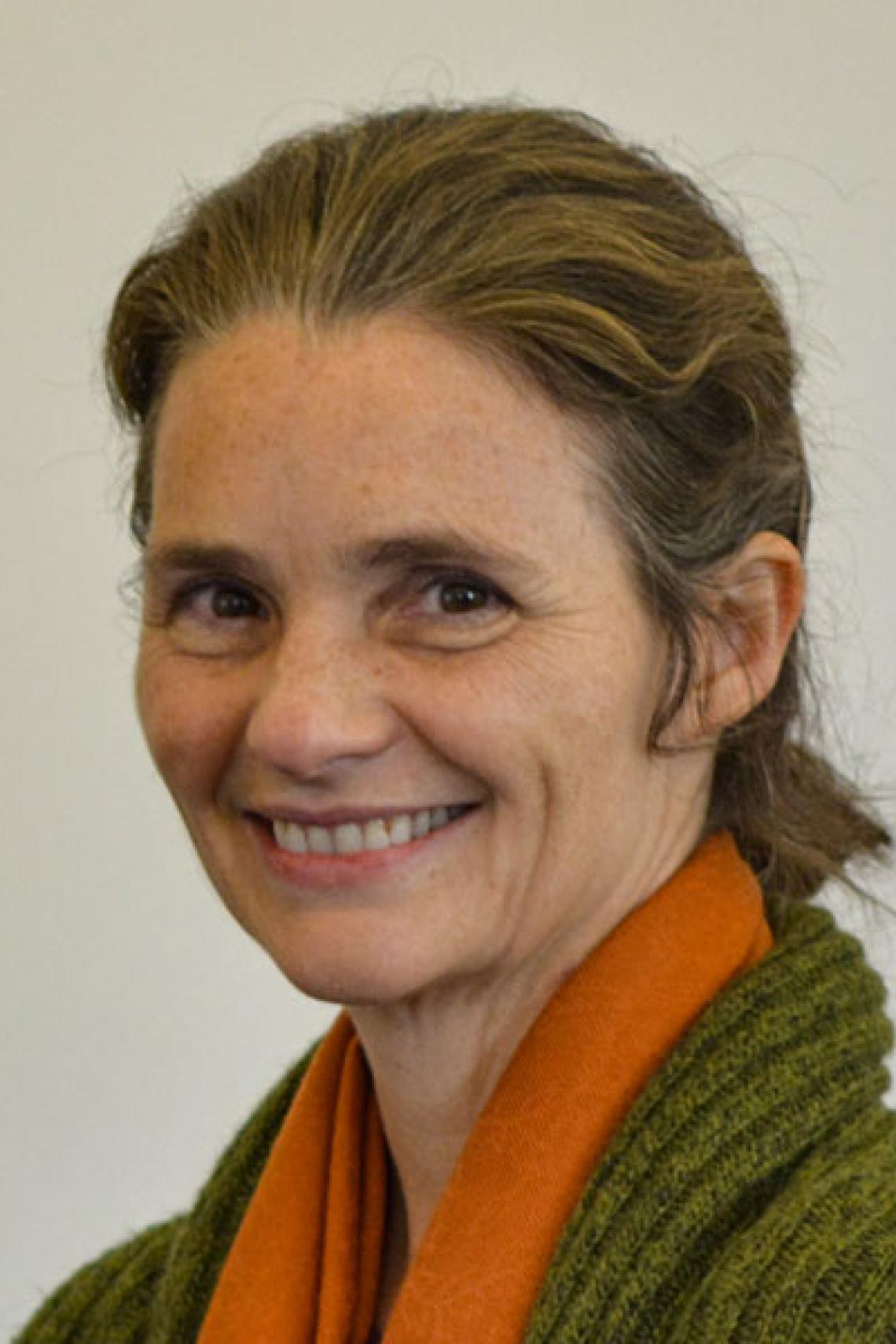Sabina Alkire gives evidence to House of Commons International Development Committee
Dr Sabina Alkire gave evidence to the House of Commons International Development Committee this week as part of an inquiry into extreme poverty and the Sustainable Development Goals.
Representing development stakeholders, Dr Alkire, Director of the Oxford Poverty and Human Development Initiative (OPHI) at ODID, and Romilly Greenhill, UK Director, ONE Campaign, provided an overview of extreme poverty around the world. The UK Parliamentary Inquiry is focusing on reviewing the impact of solutions implemented to tackle and eradicate extreme poverty globally.
The Committee were interested in the drivers of poverty, the importance of indicators to assess extreme poverty, which groups were more affected by extreme poverty, how policymakers can target those most in need, how regression into poverty can be avoided, what the witnesses thought of the direction of UK development assistance, examples of successful programmes, and what the Foreign, Commonwealth & Development Office (FCDO) should do to ensure funding has the greatest effect.
Dr Alkire shared insights from OPHI’s research on multidimensional poverty and its reduction. Common themes from both witnesses included the importance of disaggregated data on poverty to inform evidence-based programming. Among the recommendations Dr Alkire shared were that the FCDO should:
-
Focus on multidimensional and monetary poverty: Many development interventions – supporting child nutrition, or girls’ schooling, or clean water and sanitation – will reduce multidimensional (not monetary) poverty immediately. Measuring it makes outcomes visible.
-
Mainstream the 43 questions of the global Multidimensional Poverty Index across FCDO-funded surveys, so those designing policies to fight poverty in all its dimensions can ‘measure to manage’ – including monitoring FCDO programmes.
-
Focus on rural poverty. Globally 55% of the population of developing countries live in rural areas, but they make up 84% of the world’s multidimensionally poor.
-
Work with the private sector on using monetary and multidimensional poverty data as key performance indicators for Environmental, Social, and Governance (ESG) investments.
-
Learn from examples of pro-poor reductions in poverty such as within India from 2005/6–2015/16 or Sierra Leone 2013–2017.
-
Implement joined-up approaches to poverty reduction that target multiple different deprivations at the same time and address them in an interlinked way, eg the midday cooked meal scheme in India, which also employed women and improved learning outcomes among children.

